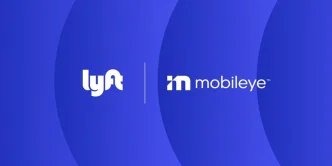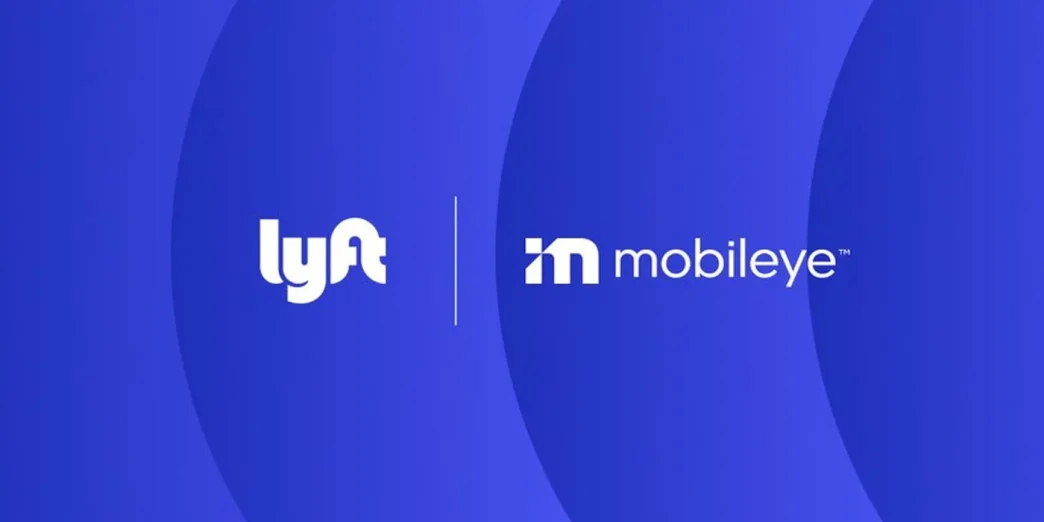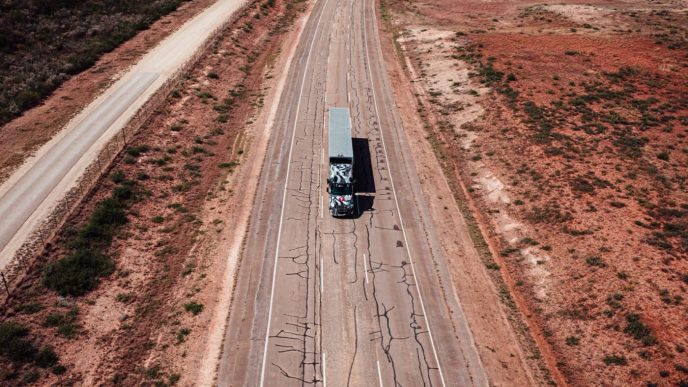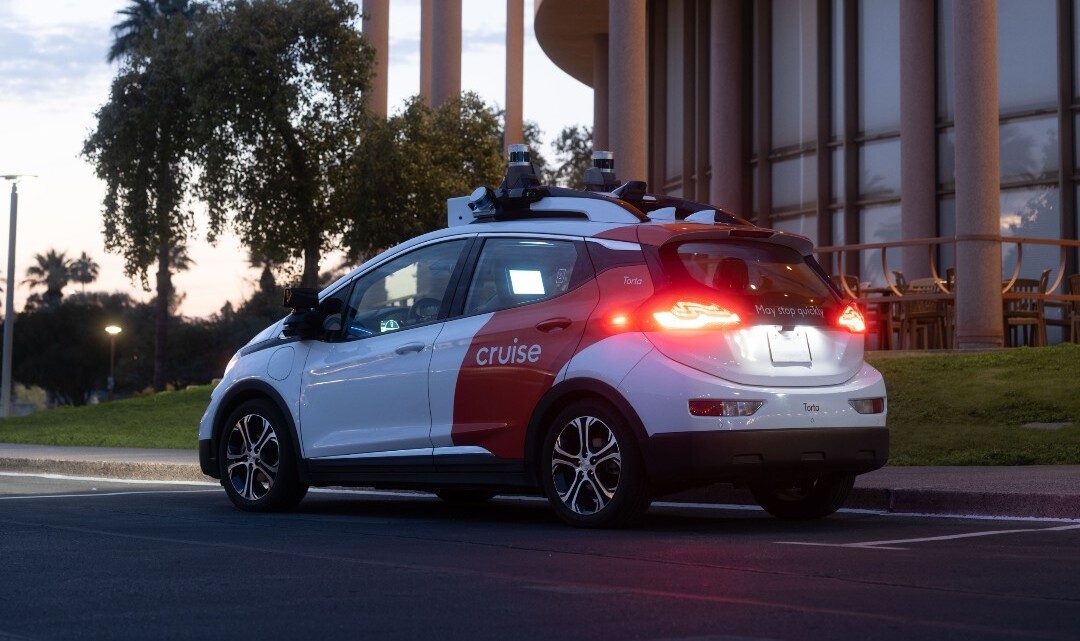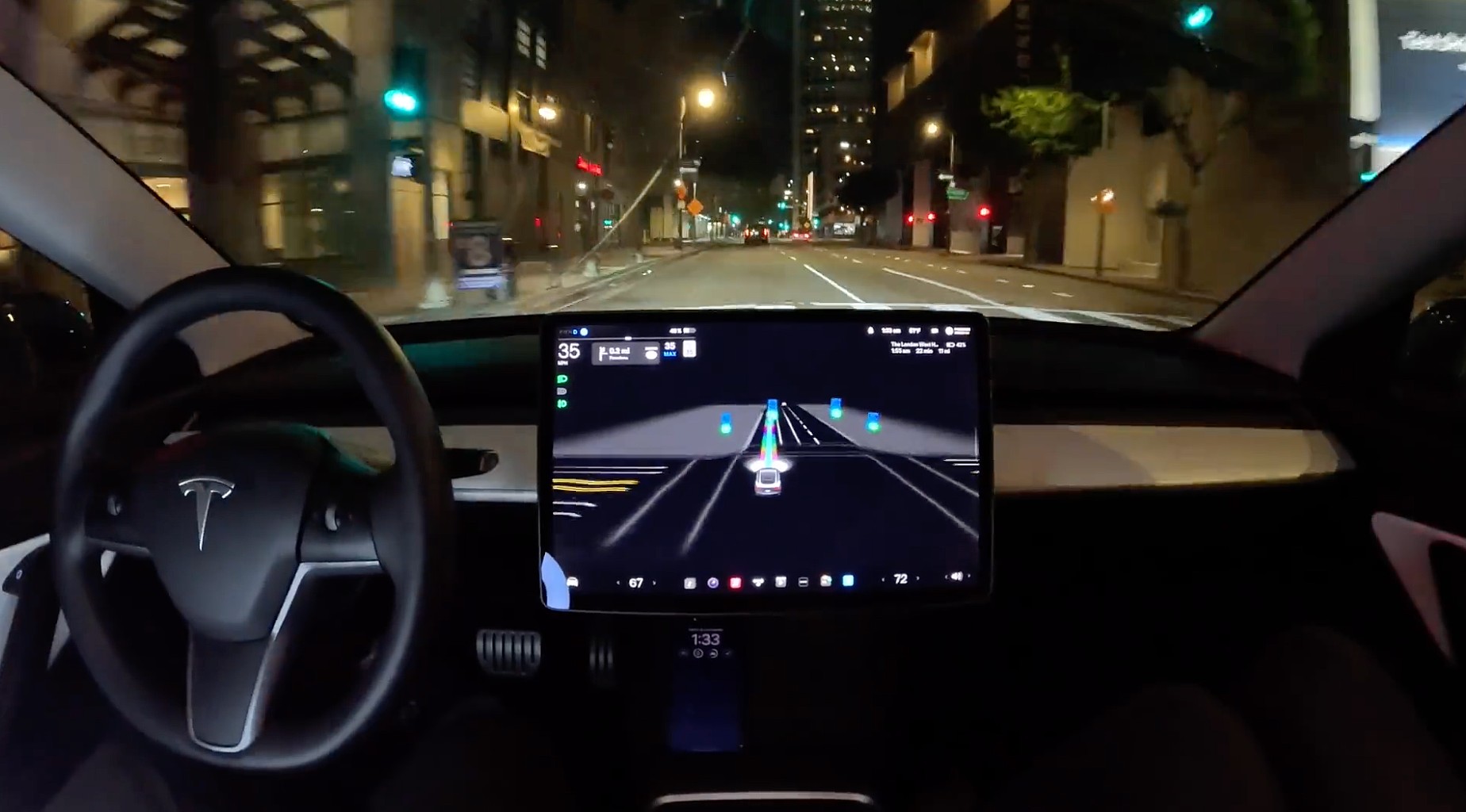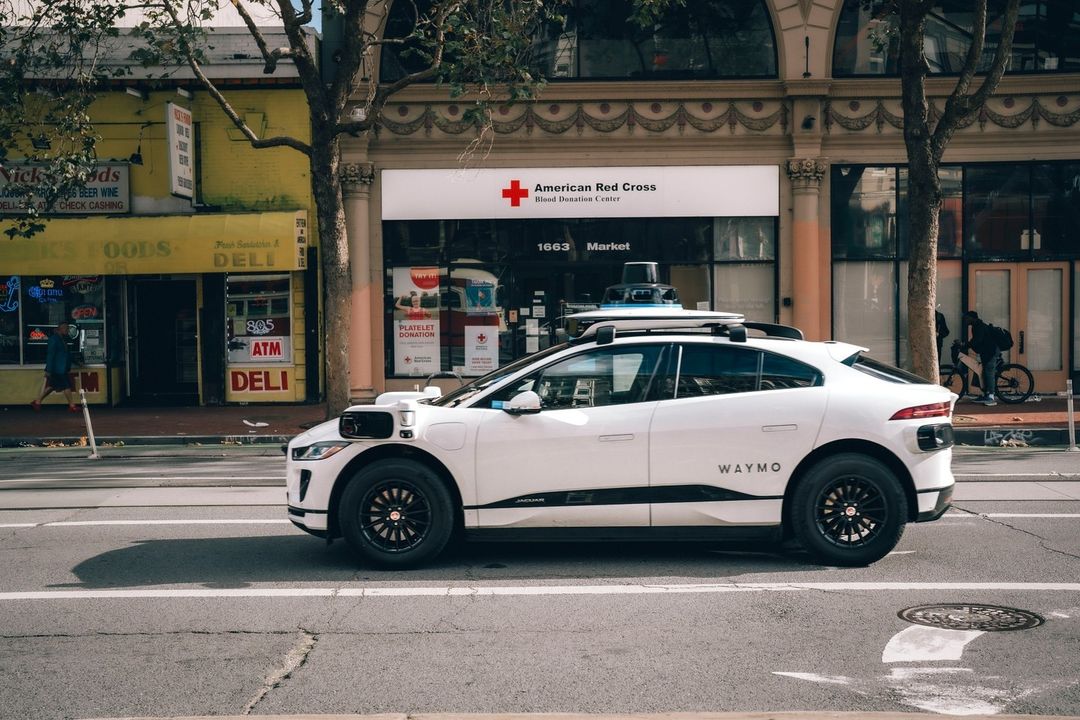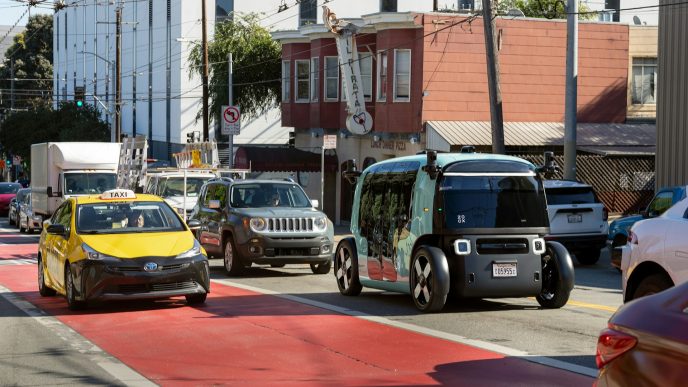Lyft has announced a strategic partnership with Mobileye, an Israel-based provider of advanced driver-assistance systems (ADAS) and autonomous technology, to commercialize autonomous vehicle fleets for large-scale rideshare operations. The collaboration aims to bring Mobileye’s self-driving technology to Lyft’s network of fleet operators, supporting the company’s goal of scaling autonomous mobility across North America.
Under the agreement, Mobileye will integrate its autonomous vehicle (AV) technology, Mobileye Drive, into vehicles produced by select automakers for use in Lyft’s rideshare fleet. This “Lyft-ready” AV ecosystem will allow fleet operators to purchase Mobileye-equipped vehicles from various OEMs, including Hyundai, which recently implemented autonomous capabilities in its Ioniq 5 model. Lyft CEO David Risher underscored the partnership’s significance, stating, “Mobileye’s full-stack technology is an important part of getting autonomous fleets Lyft-ready. We’re laser-focused on building a platform where fleet owners will be proud to put their assets to work.”
The agreement also includes plans for Lyft to utilize Mobileye’s cloud-based AV demand technology, connecting its autonomous fleets to a digital network and facilitating seamless integration with Lyft’s 40 million annual riders. According to Mobileye President and CEO Amnon Shashua, “Cooperating with leading mobility providers like Lyft is essential to bring autonomous mobility services to reality. Partnering with Lyft’s network allows our AV customers to reach new markets with sustainable and accessible autonomous services.”
The partnership is part of Lyft’s larger initiative to transition to 100% electric rideshare services by 2030. Lyft’s previous alliances with technology and automotive companies, including Hyundai, demonstrate its ongoing commitment to advancing autonomous and electric mobility.
While a specific timeline for the deployment of Mobileye-equipped autonomous vehicles has not been disclosed, Lyft and Mobileye’s combined efforts signal a notable step toward the widespread availability of robotaxi services across North America.

